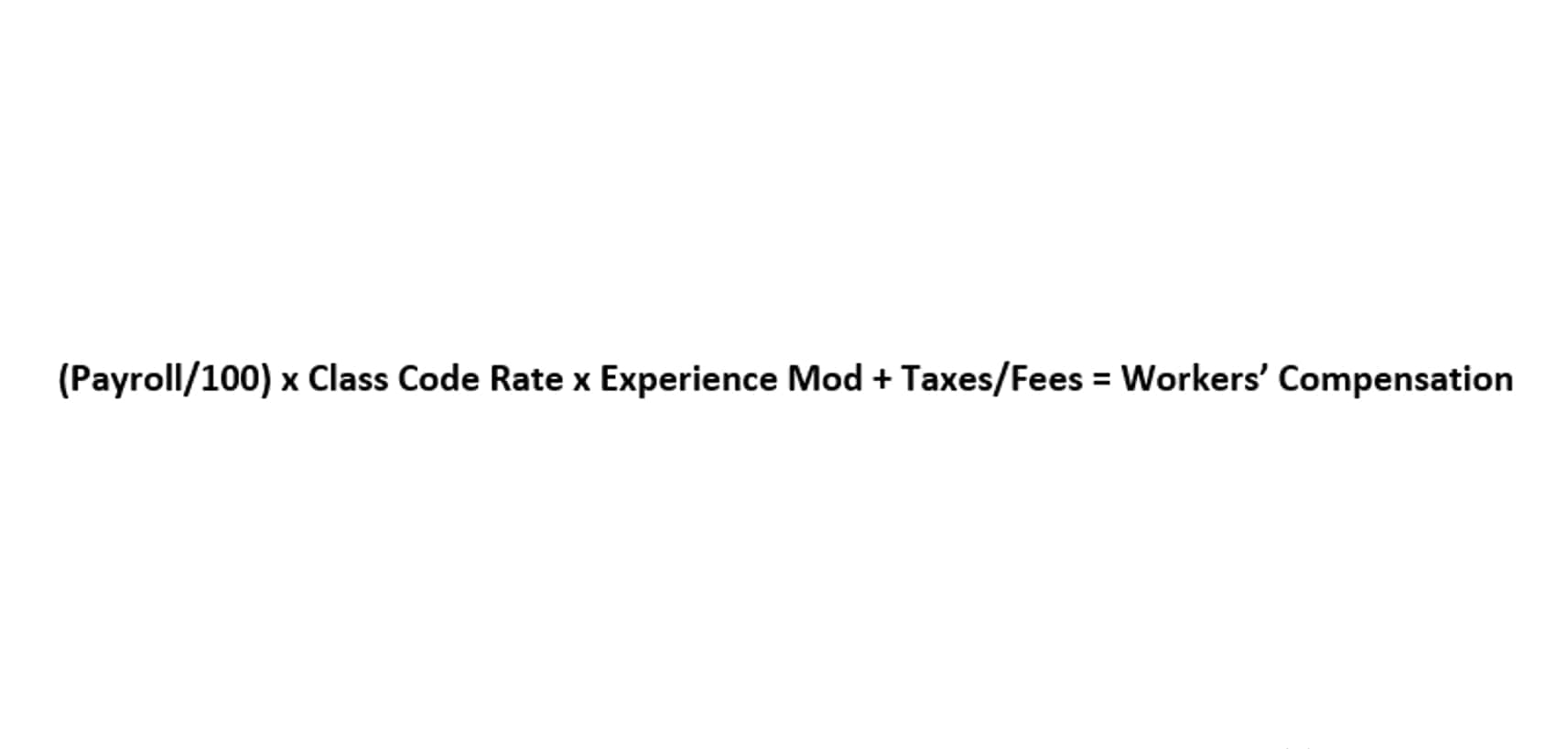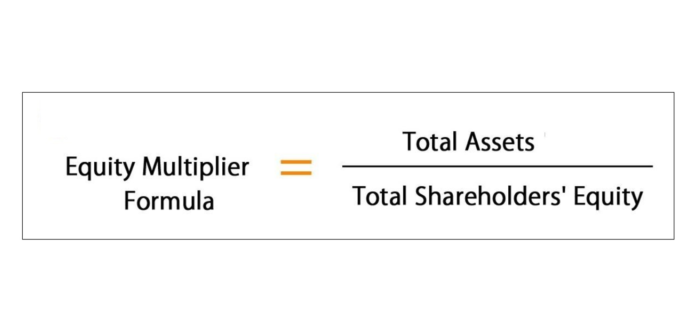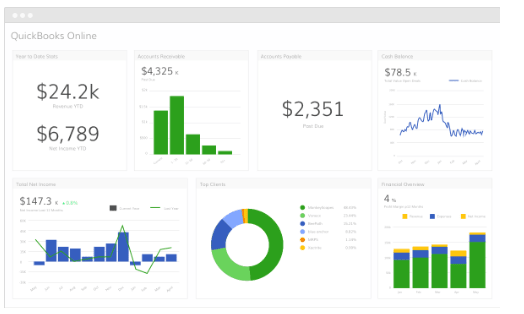
For example, a company will have a Cash account in which every transaction involving cash is recorded. A company selling merchandise on credit will record these sales in a Sales account and in an Accounts Receivable account. The accounting and reporting standards developed by the International Accounting Standards Board (IASB). The most notable exception is the U.S. where business entities follow U.S.
Income
Under the accrual basis of accounting, the matching is NOT based on the date that the expenses are paid. The accounting method under which revenues are recognized on the income statement when they are earned (rather than when the cash is received). Understanding Accounting Principles and Standards helps you manage your company finances effectively wherever you are. According to the materiality convention, when producing the final accounts, accountants should record only what is material and disregard irrelevant elements. The accountant should determine whether a transaction is substantially based on his or her professional knowledge and sound judgement.A thing can be material for one purpose but irrelevant for another.
Revenue Recognition Concept

Understanding basic accounting concepts is essential how is sales tax calculated for students and anyone interested in the financial aspects of business. These fundamentals provide the groundwork for analyzing financial statements, making strategic business decisions, and managing finances effectively. As you delve deeper into each concept, you’ll appreciate the role of accounting in shaping successful businesses and responsible financial management. Comparing financial statements from companies in different countries can be challenging due to differing accounting principles. This can lead to discrepancies in financial reporting, making it harder for investors and analysts to evaluate and compare the performance of these companies.
What is Goods and Services Tax (GST)?

The consistency convention entails that accounting practices must be consistent yearly. Only when accounting rules are adhered to consistently from year to year will the results of different years be comparable. The principle of valuing the stock at cost or market price, whichever is lower, must be adhered to to achieve comparable results from year to year. Likewise, if depreciation is charged on fixed assets using the diminishing balance method, it must be done annually. Understanding the difference between accounting principles and accounting concepts is essential for businesses and individuals who need to make financial decisions based on accurate and reliable information. Accrual accounting is a fundamental principle that provides a more accurate depiction of a company’s financial health fundamental accounting concepts than cash accounting.

Well, accounting concepts are fundamental ideas or assumptions that are used to develop accounting principles and standards. They help to provide a framework for understanding and interpreting financial information. They’re ideas and rules that help accountants act that financial statements accurately reflect a business’s financial position and performance. The full disclosure principle mandates that all information relevant to a company’s financial position and performance be included in its financial statements or notes. This ensures stakeholders have the data needed to make informed decisions.

According to this concept, business enterprise is treated as a separate entity from its owner. Business transactions are recorded in the books of the account owner’s transactions in his personal books of account. However, changes in accounting practices are permitted when justified by better information or new standards. For instance, a company might switch from the First-In, First-Out (FIFO) to the Last-In, First-Out (LIFO) inventory valuation method if it better reflects economic conditions.
- Asim Nath is an Accounting and Microsoft Office trainer at Edoxi Training Institute, Dubai.
- Revenue is recorded when it is earned, not when it is received, and costs are recorded when incurred, not when paid.
- These are some of the major activities that an accountant is responsible to do.
- However, the asset amount listed in the books of accounts of the firm does not indicate the value at which it can sell the asset.
- This means measuring the performance of a business using consistent periods, such as on an annual or quarterly basis.
- The realisation principle is not conditional on the receipt of cash, i.e., income or revenue must be realised or recognised even if cash is not received.
As a result, this service business is extremely valuable but has only a small amount reported on its balance sheet for assets and stockholders’ equity. Accuracy and attention to detail are crucial in recording transactions, as even small errors can significantly impact financial reports. This includes ensuring that all income and expenses are properly categorized and recorded, performing bank reconciliations, reviewing financial statements, and using accounting software to streamline processes. After the journal entries have been posted, bank accounts are reconciled, and a trial balance is prepared to ensure that the debits and credits in the accounts are equal. Once the Accounting for Marketing Agencies trial balance is accurate, financial statements such as the income statement, balance sheet, and statement of cash flows are prepared to summarize the business’s financial performance and position.

